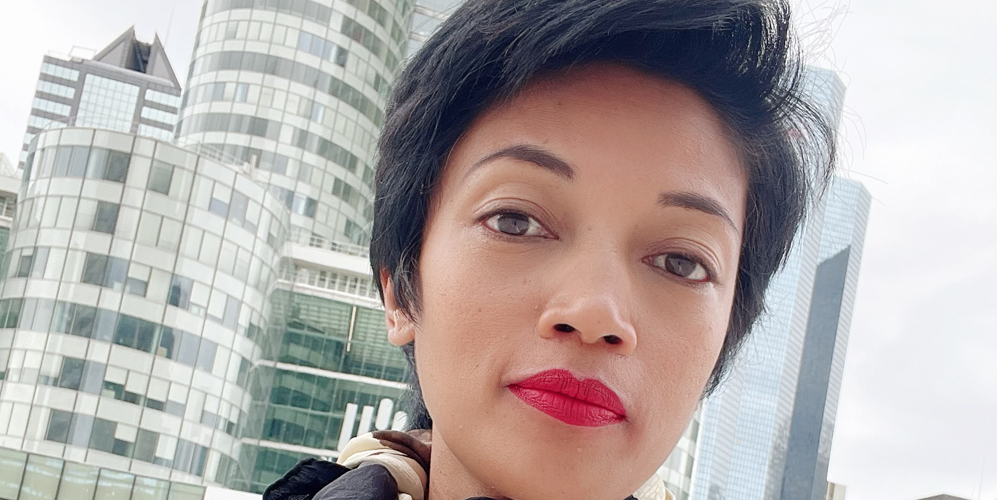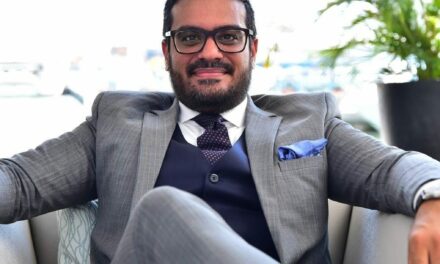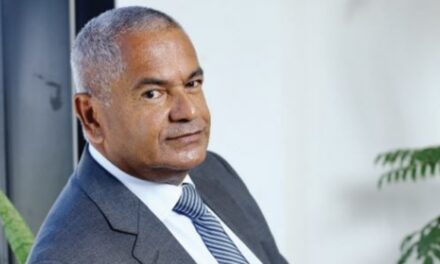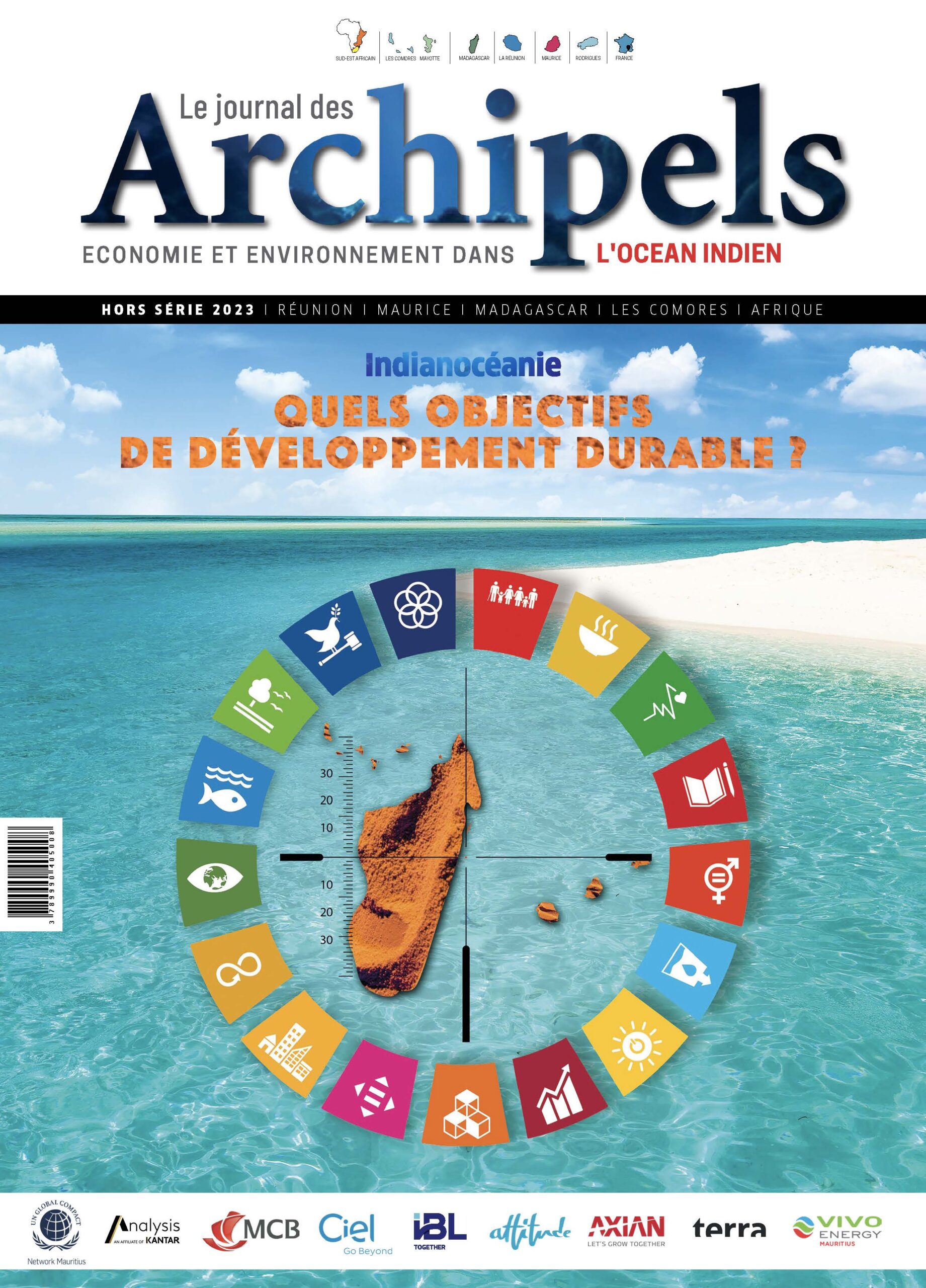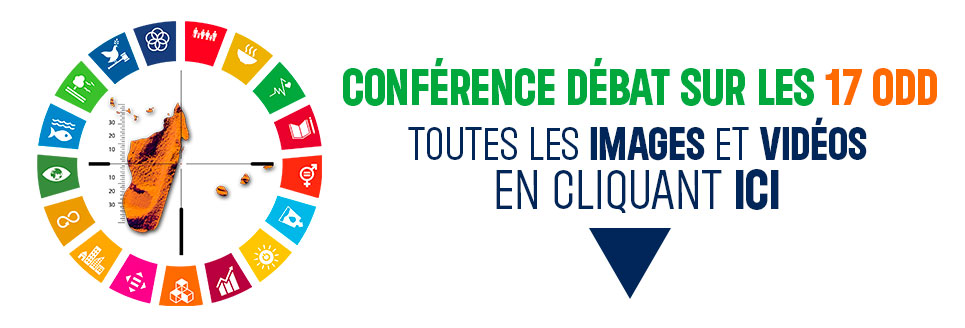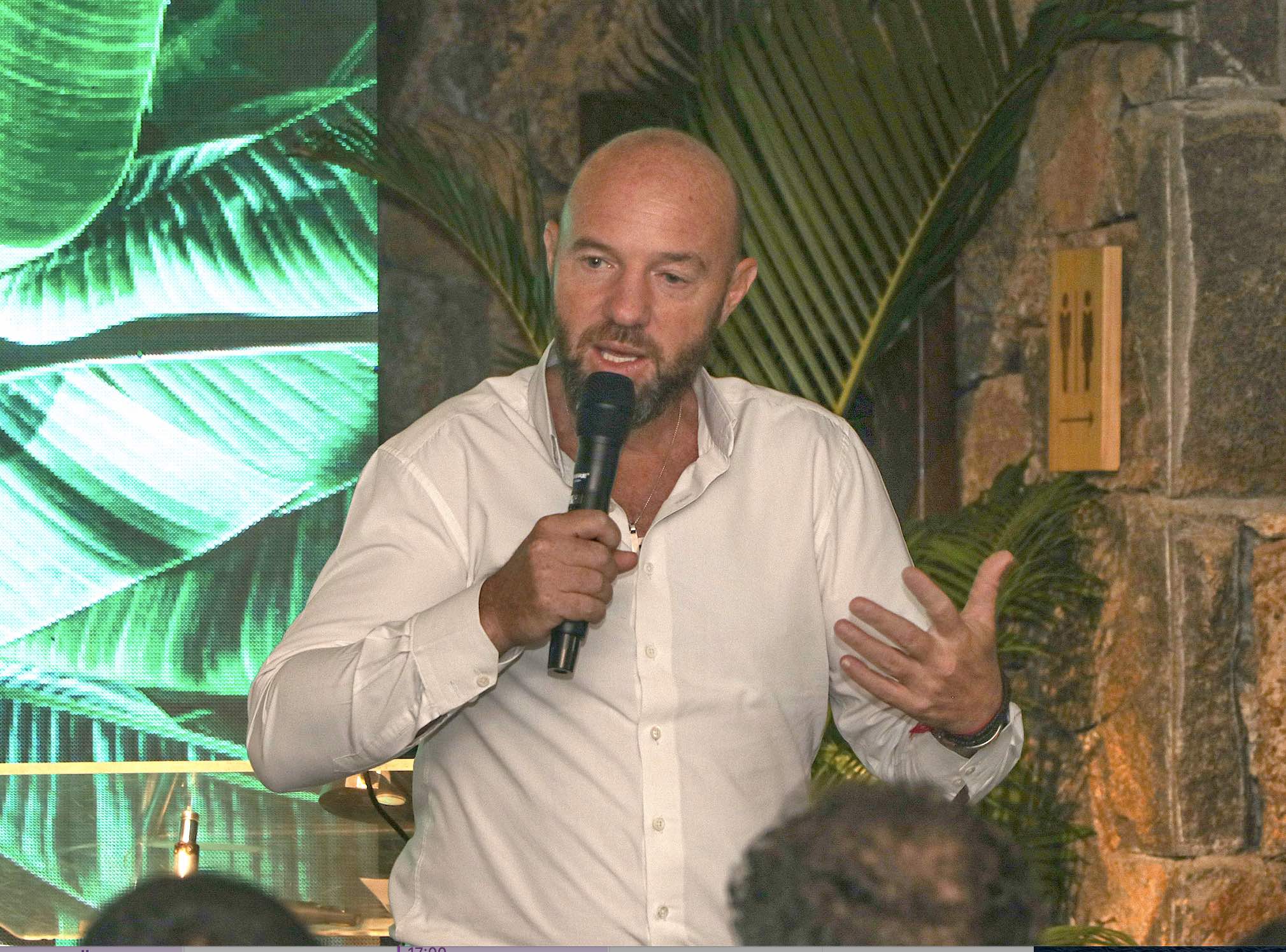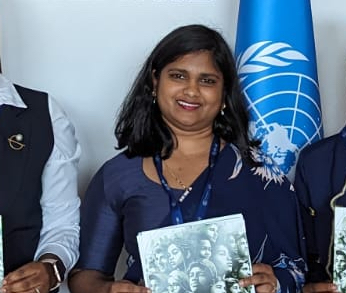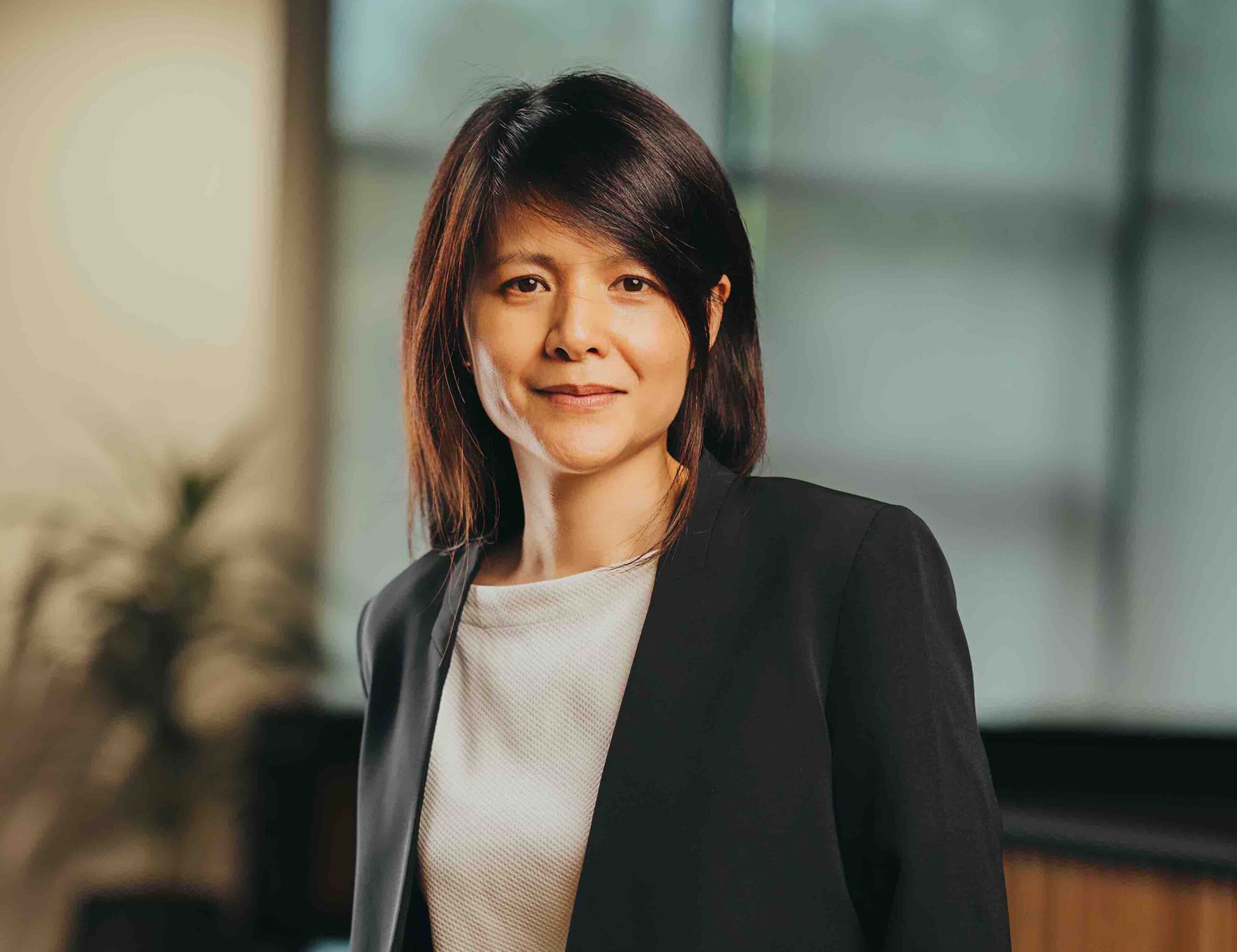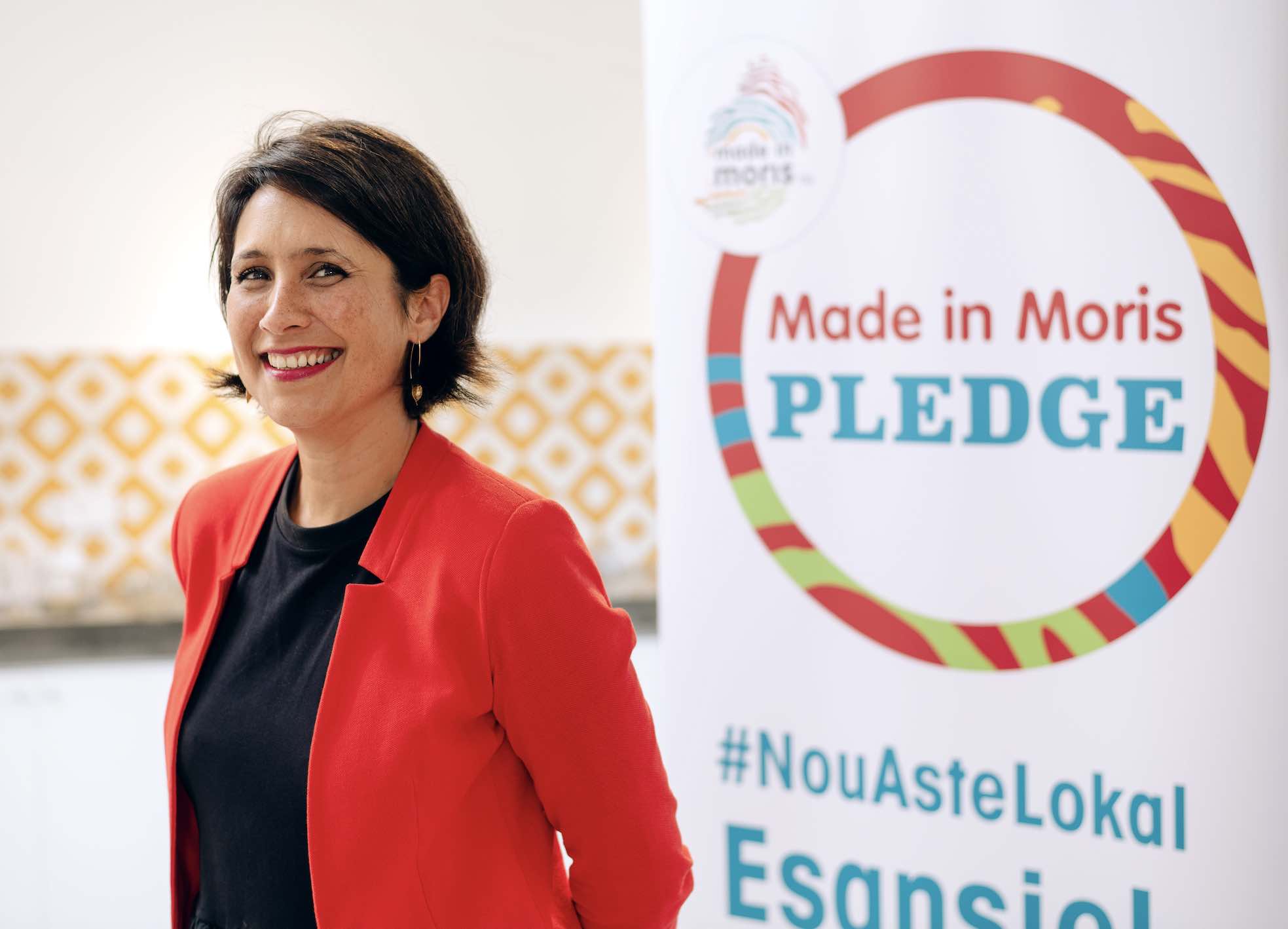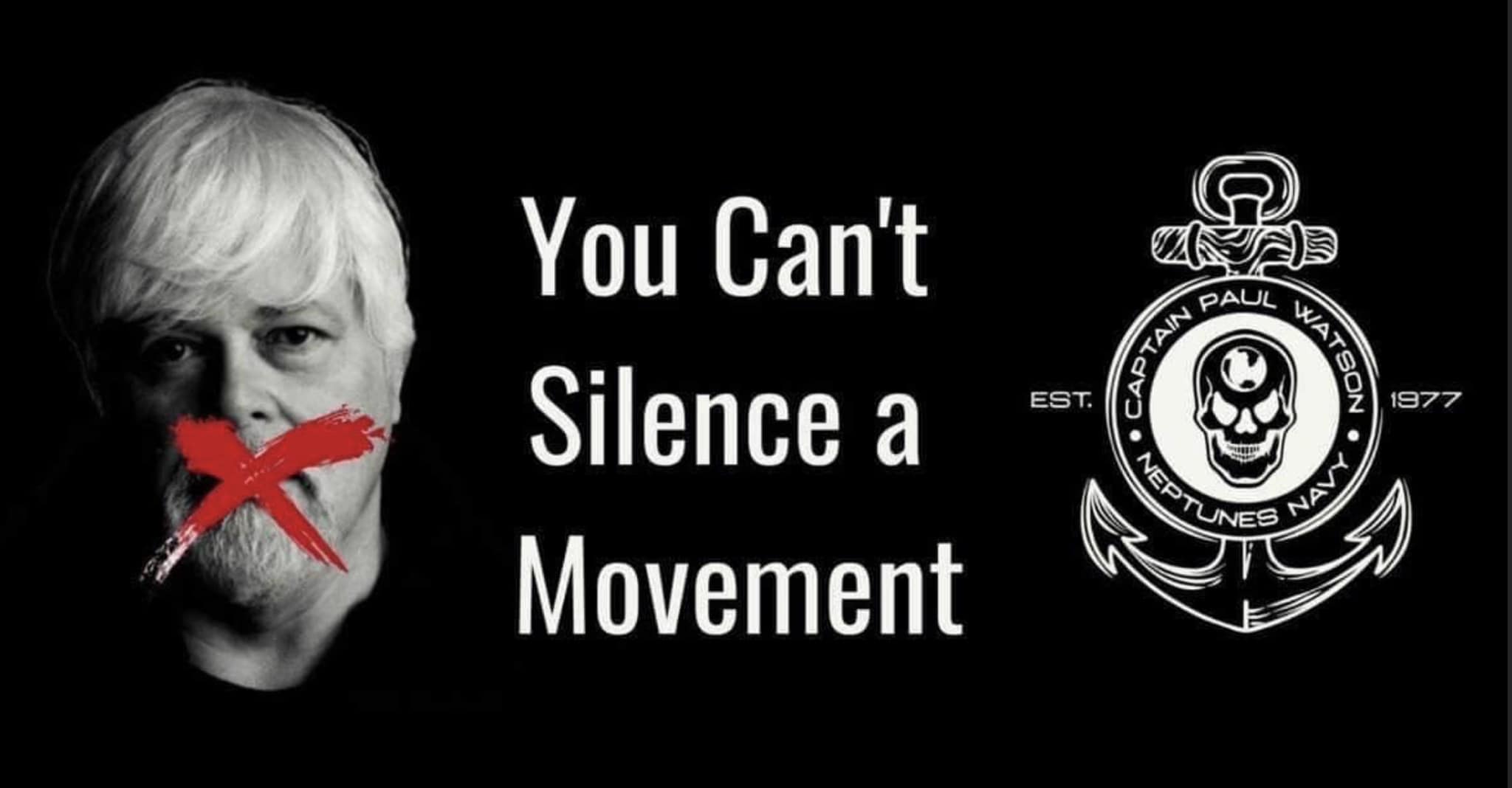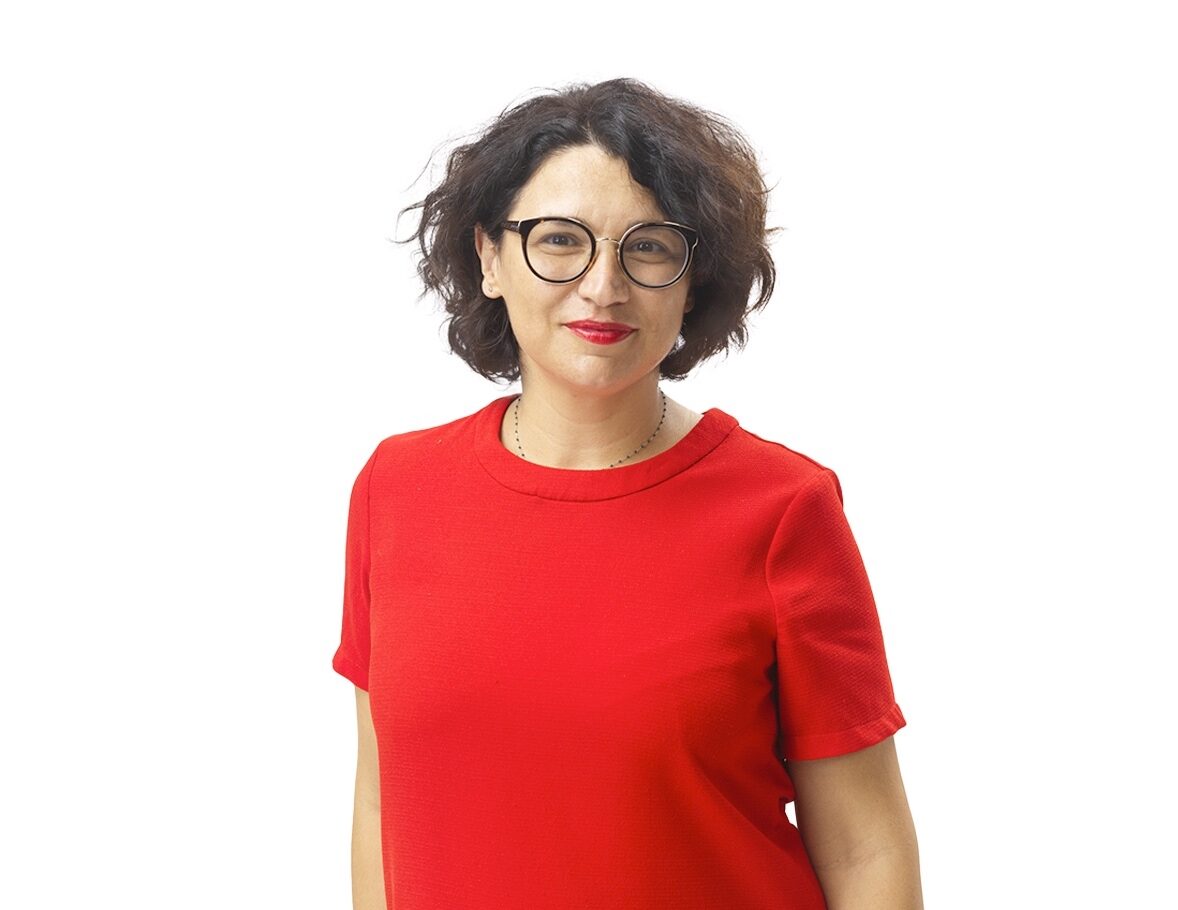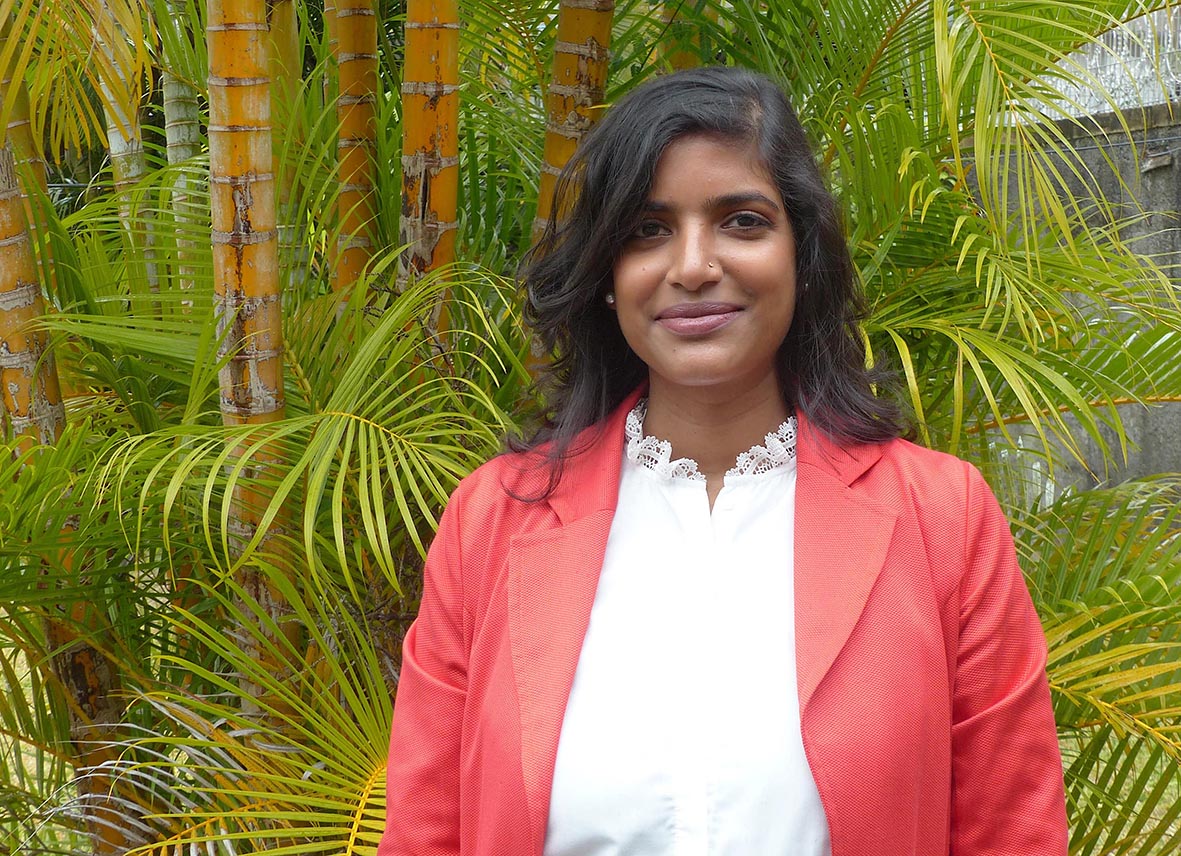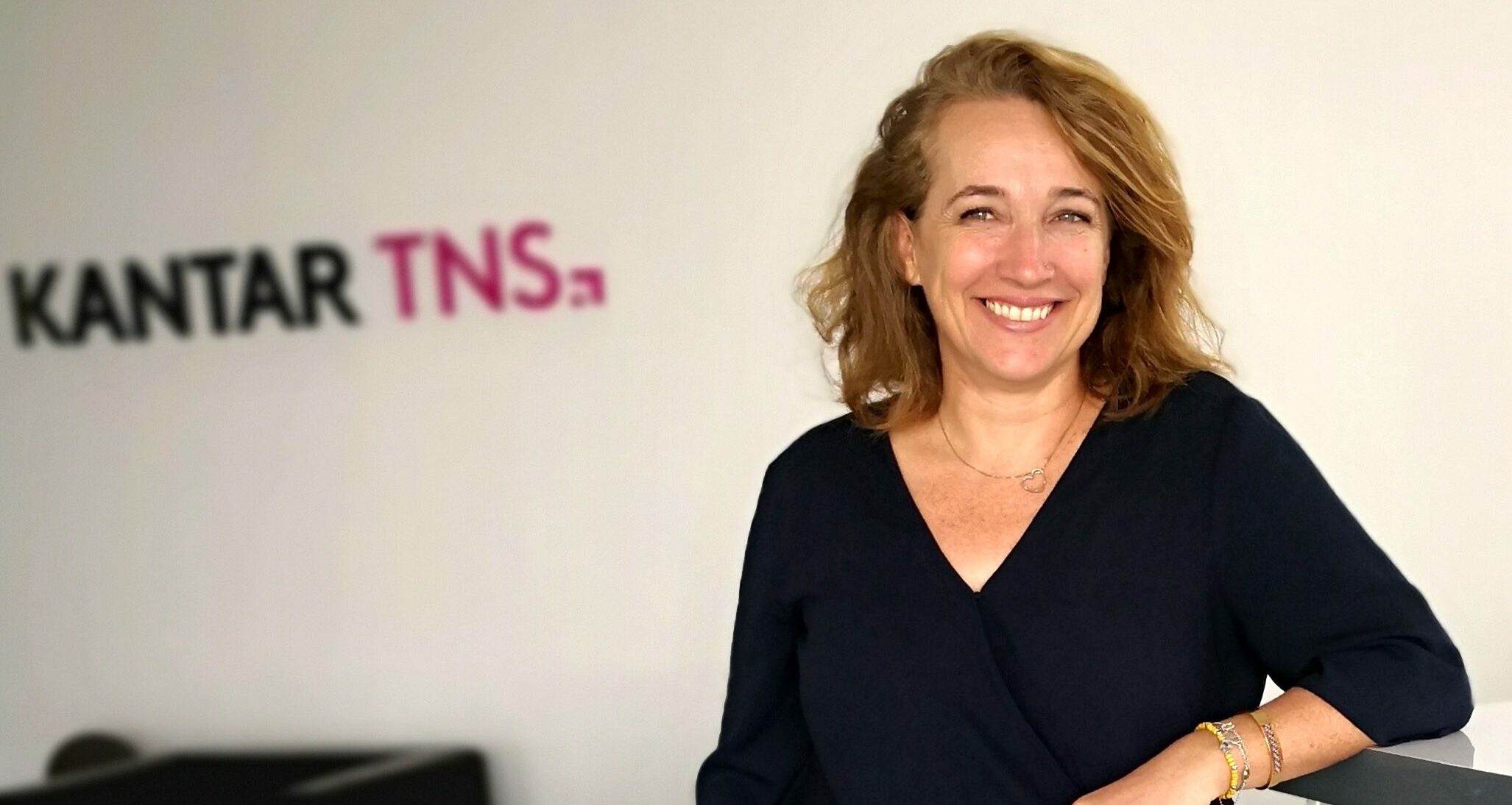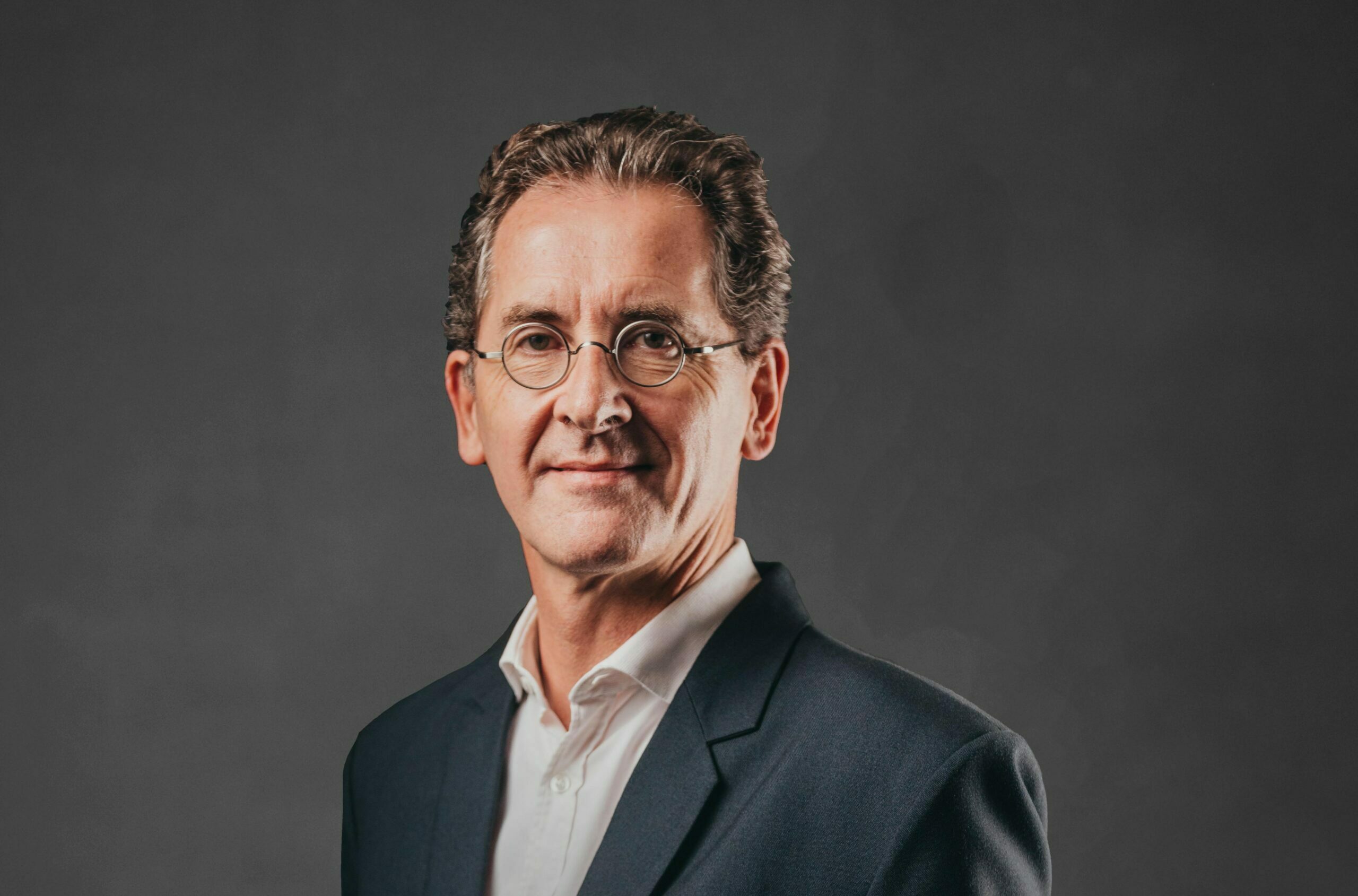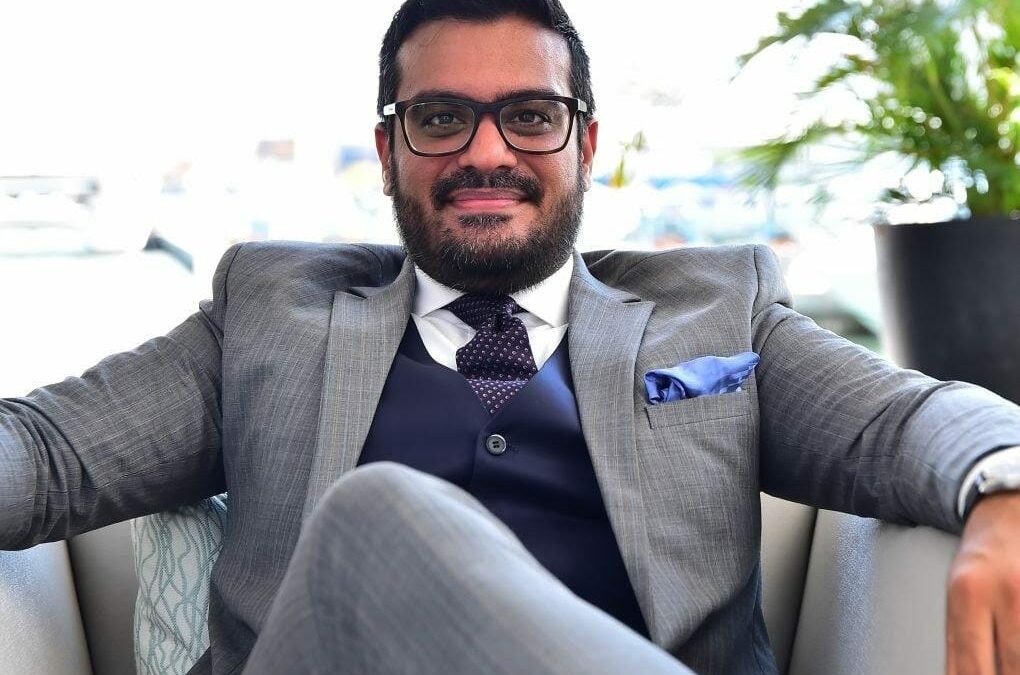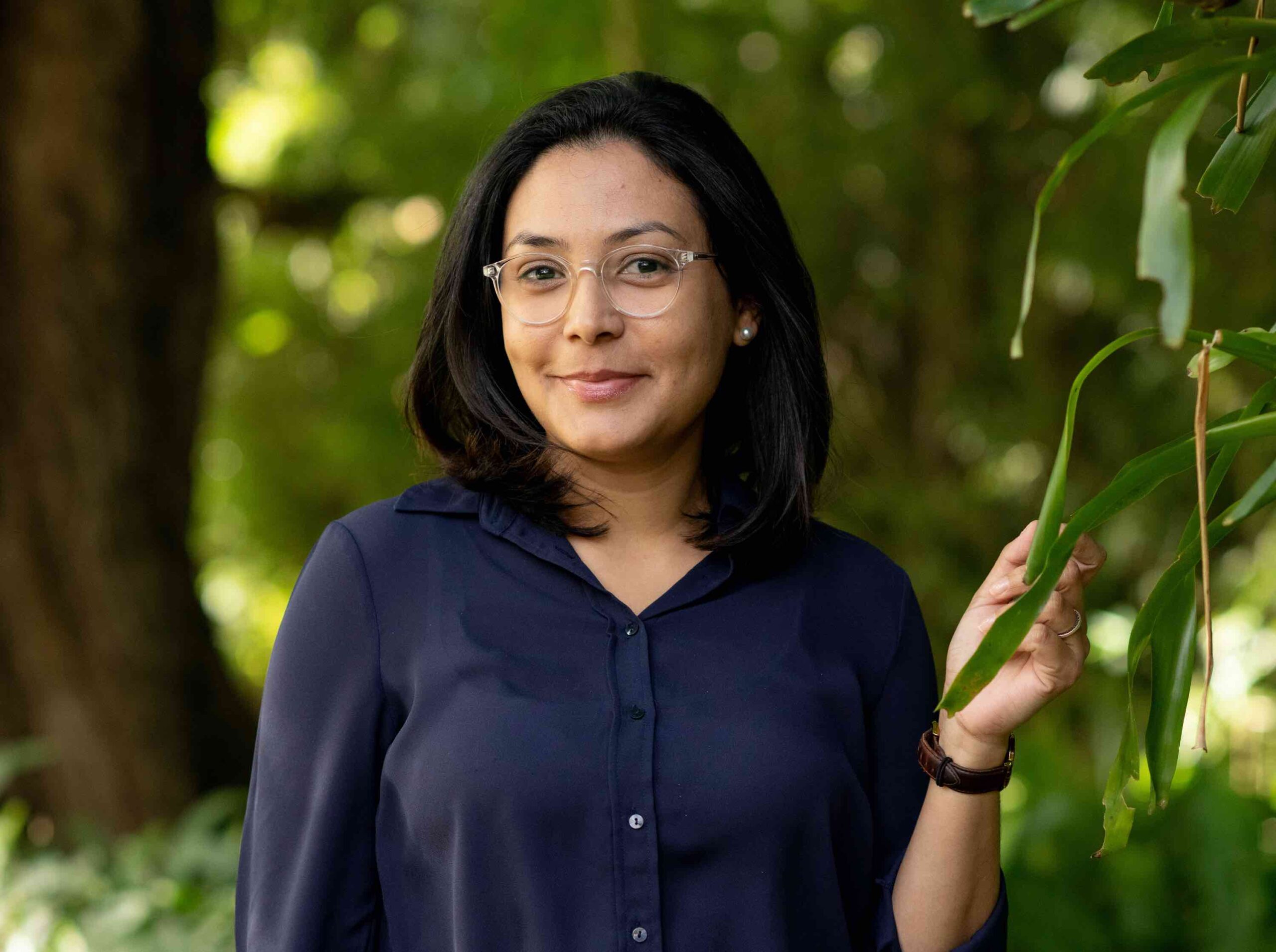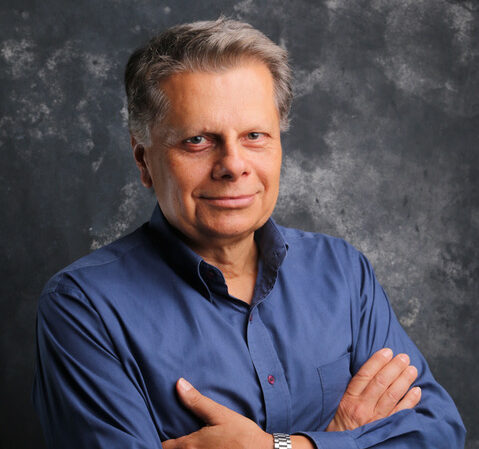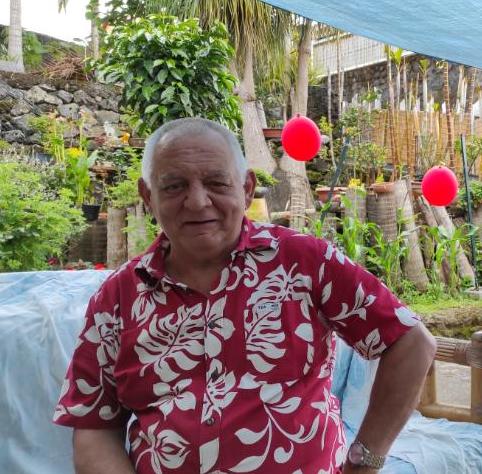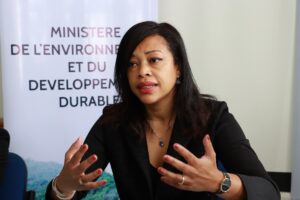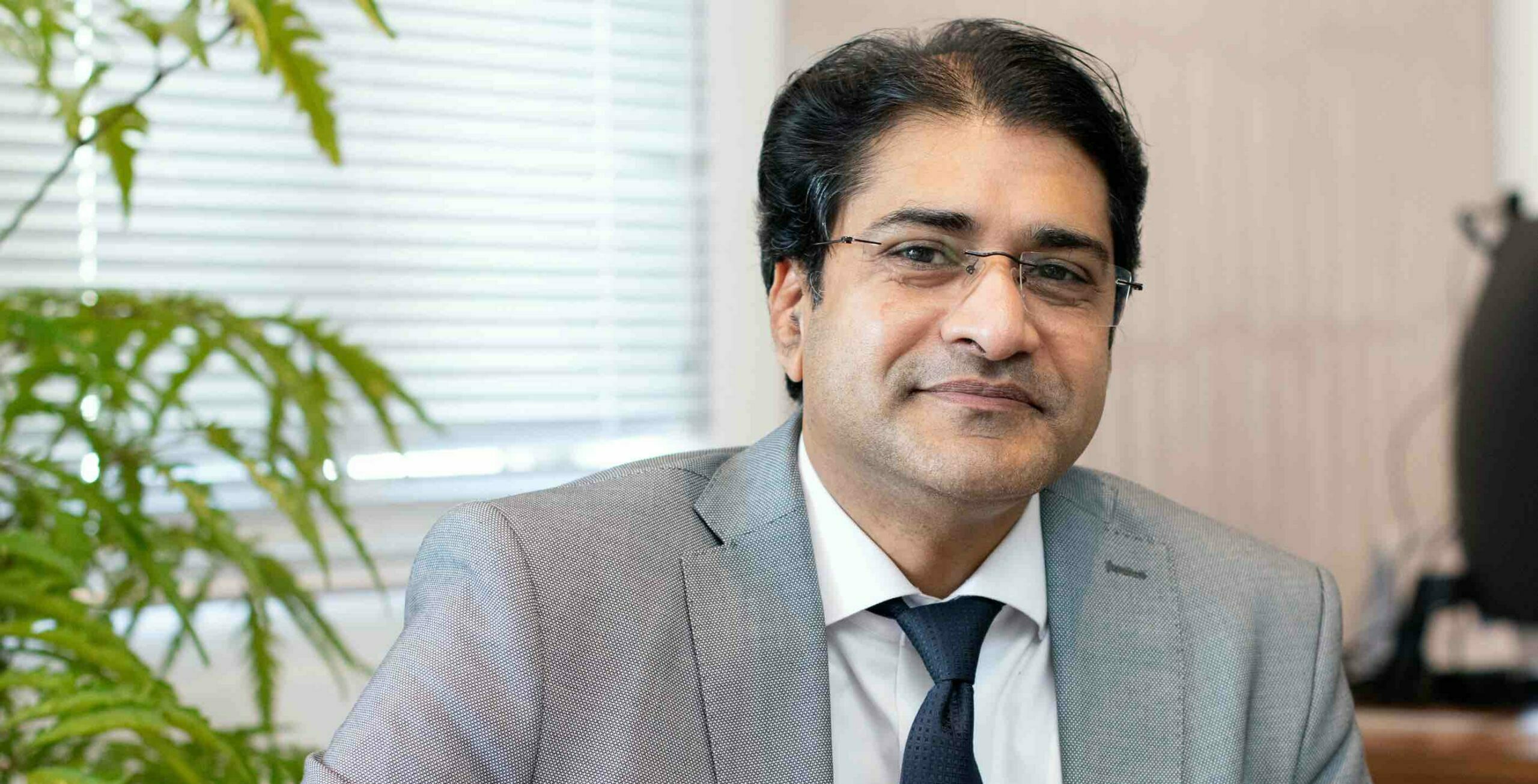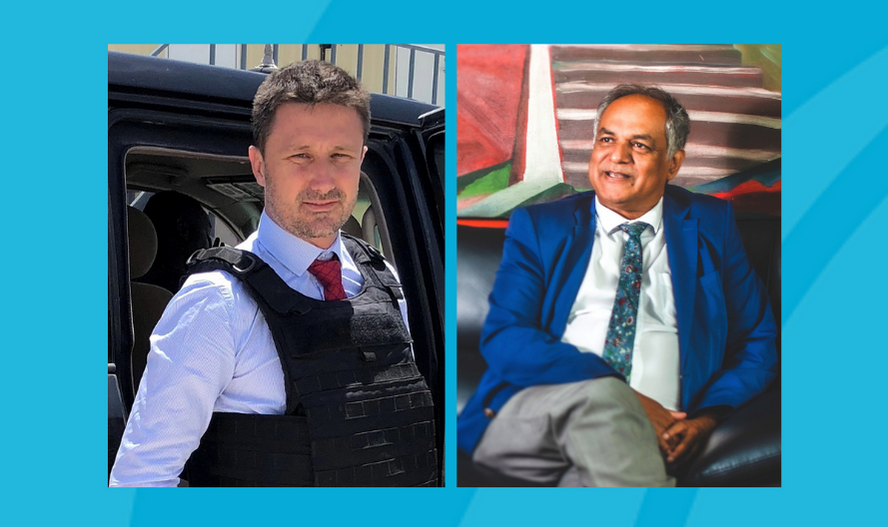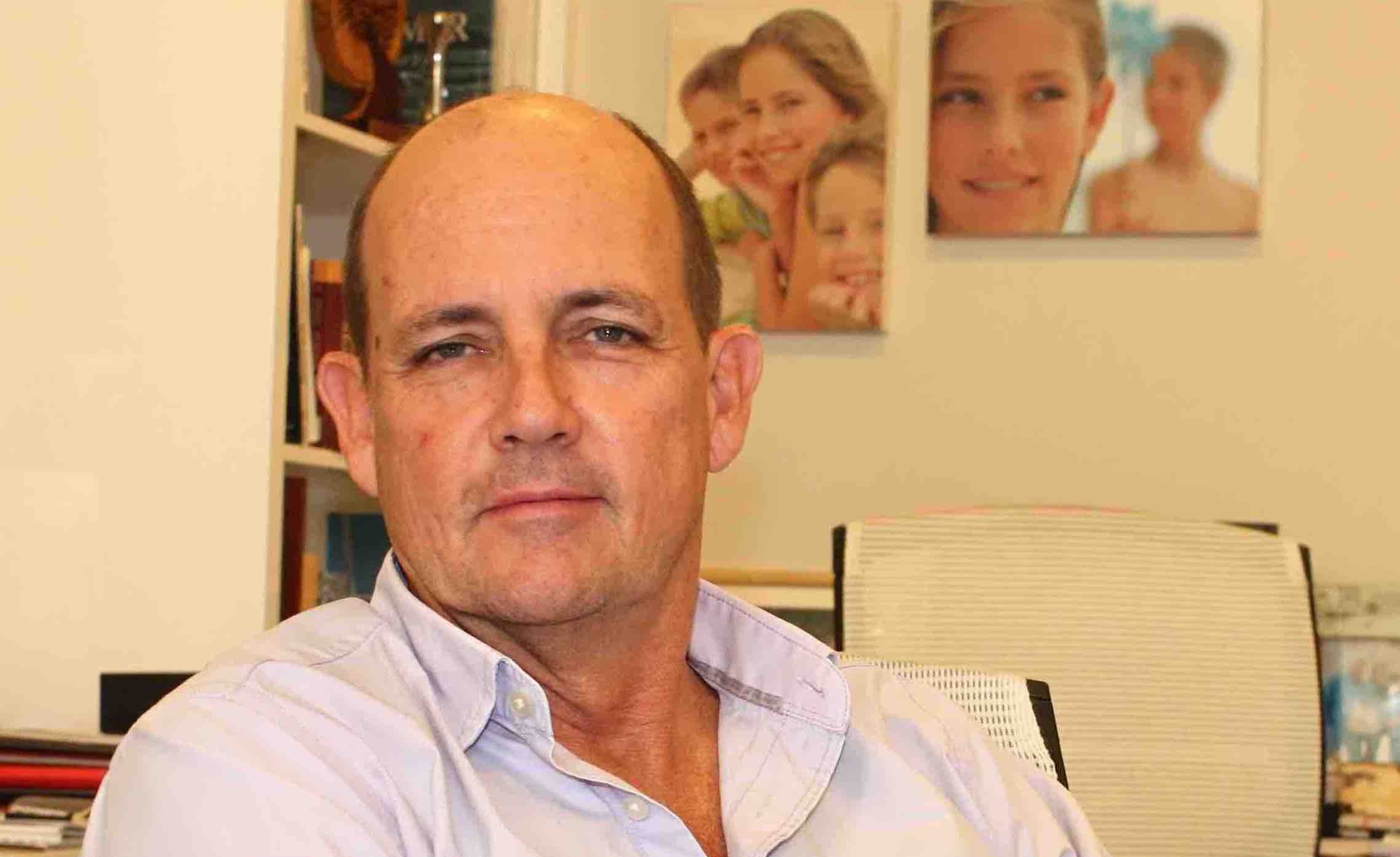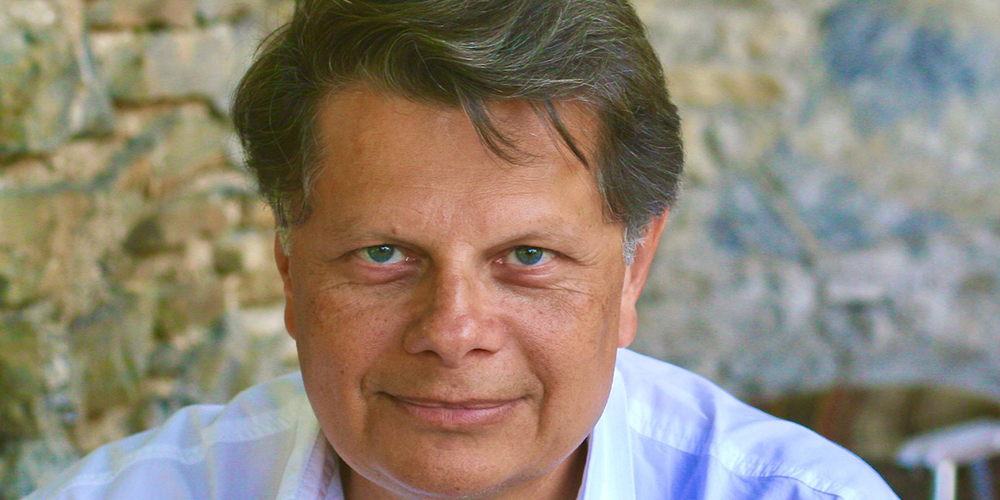The upstream extractive industry is now one of the pillars of the Emergence Madagascar plan. Successive investors since the 1930s have believed in Madagascar’s potential. Seismic studies have also shown the existence of oil and gas reserves. And the presence of British Petroleum until last year, has abounded in this sense. So how can the extractive industry contribute to inclusive growth in Madagascar?
The most advanced project is Madagascar Oil, in which I collaborated for 4 years. A project focused on the development of Madagascar. Let’s remember that oil investors are now interested in several African countries where governments have deployed conditions to attract and/or retain these sources of revenue. The competition is therefore not at the level of Madagascar, but on the pan-African or even global stage. And Madagascar has not yet seen a successful oil project! Madagascar’s competitiveness must therefore be based on a favorable investment climate and a fiscal and financial framework that is secure and encouraging for potential investors, and this for the decades to come, since oil contracts commit the signatories for at least 20 years. In addition, good governance is essential for the conduct of projects, as these projects can be a source of dramatic abuses (see the civil war in Niger). If Madagascar frames this extractive development in a true policy of sustainability (economic, social and environmental), it can make it a rapid and powerful inclusive development. “Madagascar’s competitiveness must be based on a favorable investment climate” This inclusiveness rests on four pillars: 1/ Economic/political inclusiveness first. With an understanding and construction of the oil sector “made in Madagascar” which means that we rely on the best practices of successful oil countries (Norway) while considering the specific economic Malagasy. We must avoid the famous “dutch disease” phenomenon, which consists of neglecting the development of other key pillar sectors, at the risk of unbalancing extractive resources, and economic resources in general, whose contributions to the Malagasy economy are crucial. Madagascar has its own vision for extractive development, and clarification of this vision must frame operational policies by type of resource (large mines, small mines, oil, gas, etc.). Then, the industry must consider all the actors of the oil sector inclusively. This requires a clear vision from the State in terms of preparation and anticipation for human resources: we do not have specialized oil profiles covering the entire oil engineering sector. At all levels, the actors must strengthen their skills: what about the mayors in remote rural communities who will benefit from oil royalties? Do they have the necessary administrative training to manage these amounts? Do the banking or savings structures exist in the isolated villages to allow the villagers (potential employees) to benefit? 2/ Social inclusiveness: beyond the training and education component, it is necessary to put in place the social infrastructures necessary for the sustainable development of the regions involved, and even the country. This social inclusiveness implies the consideration of all populations and particularly vulnerable populations (illiterate, landlocked, out of school, unemployed…). Prior environmental and social impact studies must include real public consultations that pragmatically and realistically reflect the realities and needs on the ground: the anticipation of anthropological issues related to population displacements, for example, must be treated with care and according to minimum national, or even international, standards. “The example of the Norwegian foundation set up on the basis of oil resources exploited today is an interesting approach. 3/Environmental inclusiveness: natural resources exploited today must not compromise tomorrow’s generations. This is the essence of sustainability and inclusiveness. And beyond the ESIAs imposed by the legislation governing LGIMs (Laws on Large Mining Investments) and the MECIE decree itself, Madagascar must redouble its demands and remain sovereign in its natural resource management policy over the long term. Thus, the example of the Norwegian foundation set up on the basis of the oil resources exploited today, and whose aim is to finance national and cross-cutting projects for the good of the Nation. But here again, the constitution of a sovereign wealth fund anchored in extractive resources in general is key to Madagascar’s financial autonomy, in particular to reduce dependence on funds injected by technical and financial partners. The sovereignty of the Nation is at stake. 4/ All stakeholders (public, private, civil society, TFPs, the international community, the press, etc.) must be involved in building a new industry that will drive development in Madagascar. The vision comes from the government, and particularly from the President of the Republic, of course. But the deployment and construction of this sector requires the assumption of responsibilities by each actor, down to the Malagasy citizen. The press in particular has a key role in the pedagogy and the capacity to disseminate relevant information to educate all stakeholders. The example of Rwanda in this regard is inspiring. The appropriation of each of the stakeholders of their roles is key in the success of the launch of this industry. It is time for the Malagasy citizen to stop expecting everything from the State and start working to build his own future. A specialist in sustainable development Romy Voos Andrianarisoa holds a Master of Business Administration (MBA) in sustainable development (CSR & Sustainability/UK), a Master in International Trade (France), a diploma from the Grandes Ecoles of Commerce in Marketing and Communication (France) and a Master of Art in Diplomacy from the Center for Diplomatic and Strategic Studies (CEDS). Currently president of the sustainable development and business ethics commission of the GEM (Groupement des Entreprises de Madagascar), she has worked in the oil sector in recent years (CSR Manager for Madagascar Oil, Country Manager for BP Madagascar and then for the CNOOC (China National Offshore Oil Corporation) which has just taken over the exploration of BP’s blocks in the Mozambique Channel. We asked her about the question you are asking yourself, dear reader: how to reconcile oil and environment? “Unfortunately, these are the only existing frameworks in Madagascar, and fortunately, major projects like Madagascar Oil follow international environmental standards that are much more demanding than our local requirements. It is important to emphasize that GEM must be a force for proposals and requirements to defend national biodiversity in this type of project. Concerning the projects of offshore exploration engaged by Bp and then by CNOOC, they are still at an administrative stage and have little or no environmental impact so far. However, each oil contract is preceded by a heavy and structural study on the environmental aspect, supervised by international experts. Another question that bothers you, reader: the production of Madagascar Oil is still not sent to the thermal power plants of the country (Jirama in particular) let alone exported. How then can we talk about inclusive growth? “The first tests between Symbion, Jirama and MadOil have started and will continue next week (mid-July). The State is in the process of signing a partnership that will benefit Jirama and MadOil. I continue to follow closely the evolution of the entire oil sector in Madagascar and I put a non-negotiable emphasis on sustainability and inclusiveness because of my training and my patriotic convictions. *Decree of the Ministry of the Environment in Madagascar n° 99-954 of December 15, 1999 modified by the decree n° 2004-167 of February 3, 2004 relating to the compatibility of investments with the environment).


